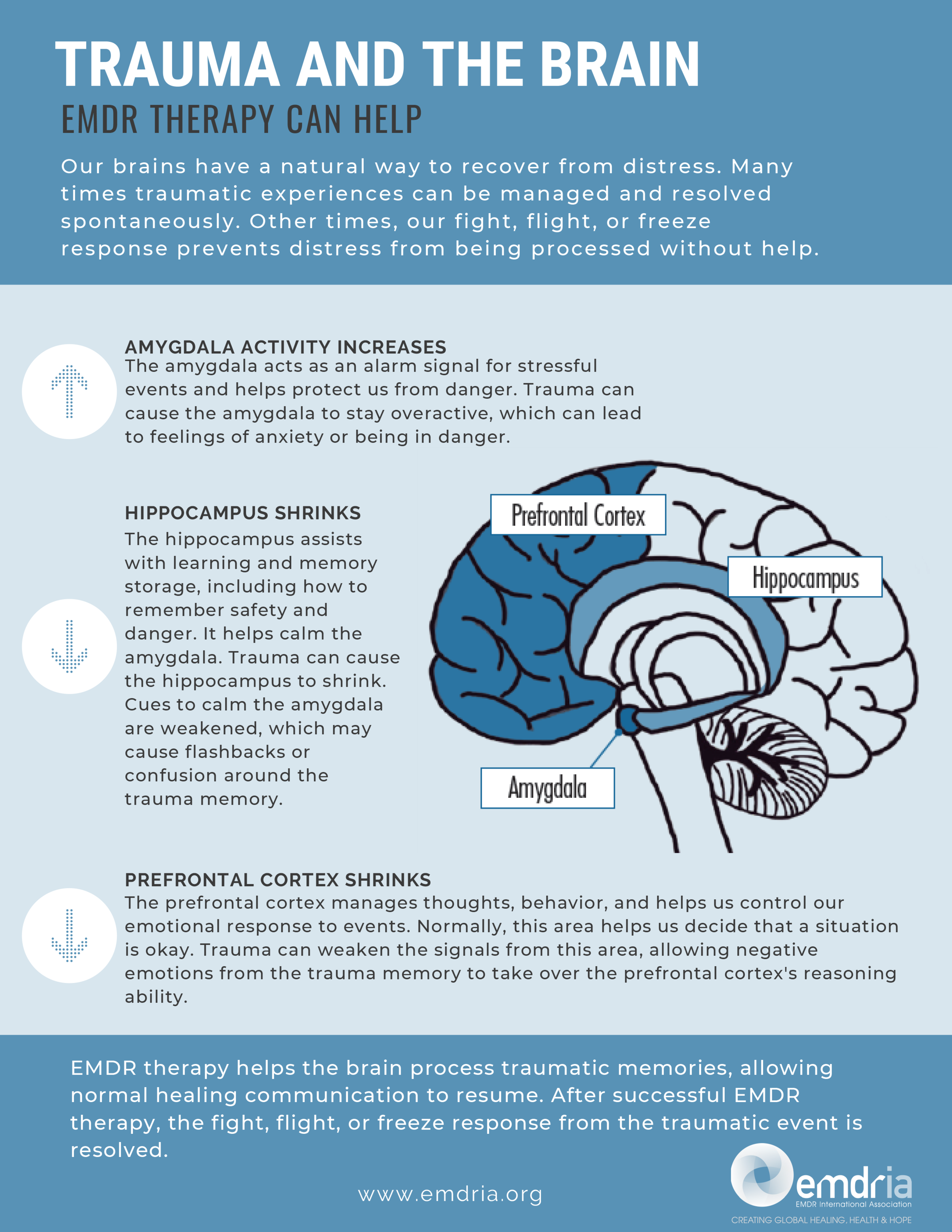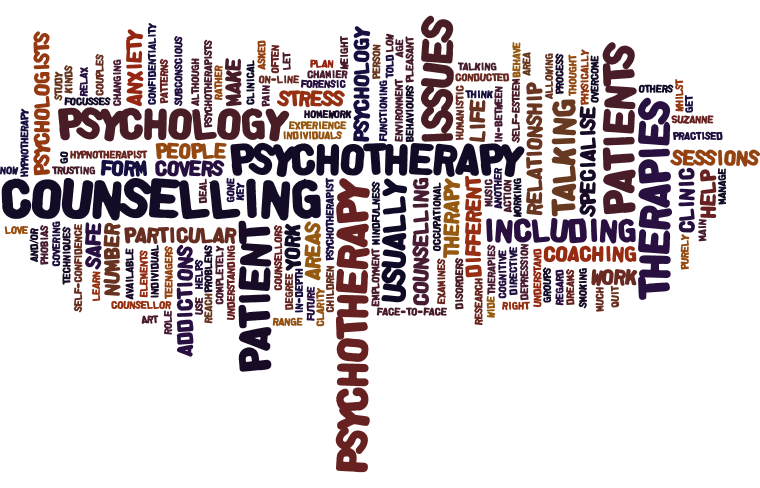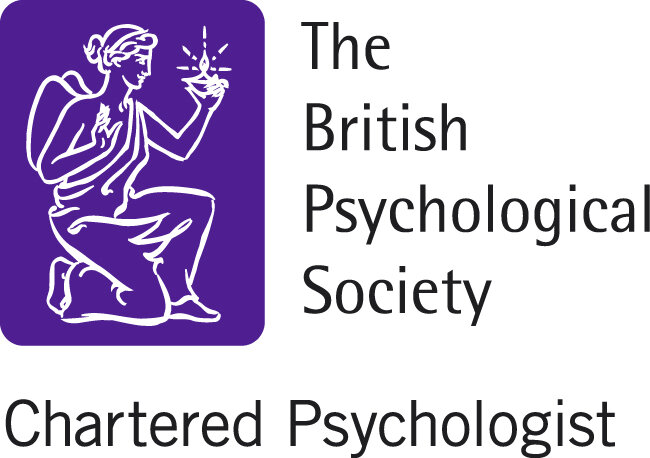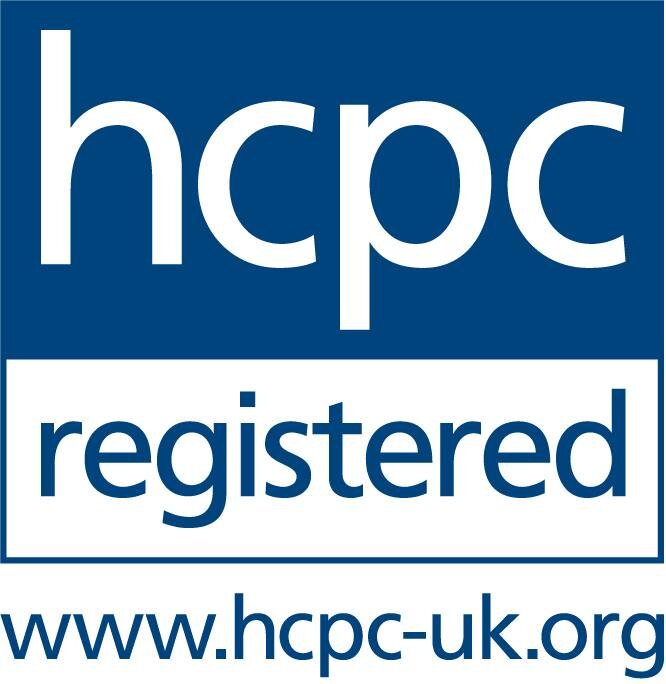Counsellor, Psychotherapist or Clinical Psychologist?
Before you make your choice you might want to know about some general differences and similarities between the three professional groups. All the above groups encompass a wide range of professionals who might be trained differently and use a wide range of therapeutic models and techniques. All of them provide psychological therapy but their training paths are not the same.
Counsellors generally speaking apply person-centred approach which puts your experiences in the centre of their work. This is a less challenging and more supportive form of therapy which is often helpful for the majority of day-to-day struggles or some particular challenging events in life such as bereavements, other losses, and sudden life events which you might need some help to process. The average counsellor will have 3 years of basic training and can draw upon various therapeutic models. Some counsellors can also work with couples and young people but they would normally have additional training. If your issues are more complex sometimes seeing a counsellor might not be sufficient to help, although some more experienced counsellors who specialise in particular area of mental health might be suitable, for example if they trained further in a specific therapeutic model. Counsellors usually see people once weekly and the cost of counselling in London is somewhere between £40-£80 per session.
Psychotherapists are trained in a specific model of psychotherapy and have specific way of working and they tend to be experts in that model of delivering therapy. Psychotherapists are usually trained to work with people longer-term and are experienced in dealing with complex mental health problems. Psychotherapy training usually lasts 4 years and many of them also have undergraduate degree in psychology or other disciplines. Psychotherapists tend to specialise in working with individuals - adults or children, couples, group of families. In order to do that they have to complete specialist training in that field. You should therefore look for a therapist who specialise in a particular client group and a model of therapy that you are interested in. Psychotherapists have to complete their own therapy as part of their training as it is seen by many therapeutic schools as an integral part of their professional development. The ability to commit to working on their own internal issues in order to become more aware of their own ‘blind spots’. Psychotherapists can see people once a week or more frequently:1-5 times weekly, in case of psychoanalytic psychotherapy or full psychoanalysis. The cost of once weekly therapy in London is usually somewhere between £50- £120, depending on the location and expertise.
Clinical psychologists are specifically trained to work with complex presentations in the NHS as well as conduct psychological research and take on leadership roles in organisations. Clinical psychology training involve undergraduate degree in psychology, masters degree in psychology and usually several years of clinical work before they apply for doctoral training in clinical psychology which lasts 3 years and involves reachers, academic teaching and clinical placements. Clinical psychologists are usually trained in at least 3 models of therapy and gained experience working with working age adults, children, people with learning disabilities, and older adults. However, they tend to specialise after their training in working with a specific client group. Many clinical psychologists often undertake additional psychotherapy training after qualifying. This means that many clinical psychologists end up training as psychotherapists. Clinical psychologists tends to offer both short-term and long-term therapy and have worked in the NHS for a number of years before beginning to offer private therapy. Sadly, personal psychotherapy is not a required element of the doctoral training in the UK but it is strongly encouraged by many training universities. Despite this, some clinical psychologists have years of psychotherapy which is an essential part of becoming an ethical and effective therapist. Having been trained in a variety of psychotherapy models gives clinical psychologists an advantage of providing more flexible approach and adapting their way of working to suit the needs of a large variety of individuals. In terms of costs, clinical psychologists tend to charge the most of private therapy and it can be on average between £90- £180 per session.
Overall, therapy is not so much about the technique that is being used as it is about the therapeutic relationship that build up over a period of time between you and your therapist. It is therefore essential to think beyond titles and qualifications and think about the experience in the room. Therapy can be an extremely rewarding and transformative experience however, it is also hard work and requires commitment of time and motivation to understand yourself. Therapy is an active process and at times brings up pain and discomfort. It also frees up mental space and allows for more fulfilling and rewarding life.

















